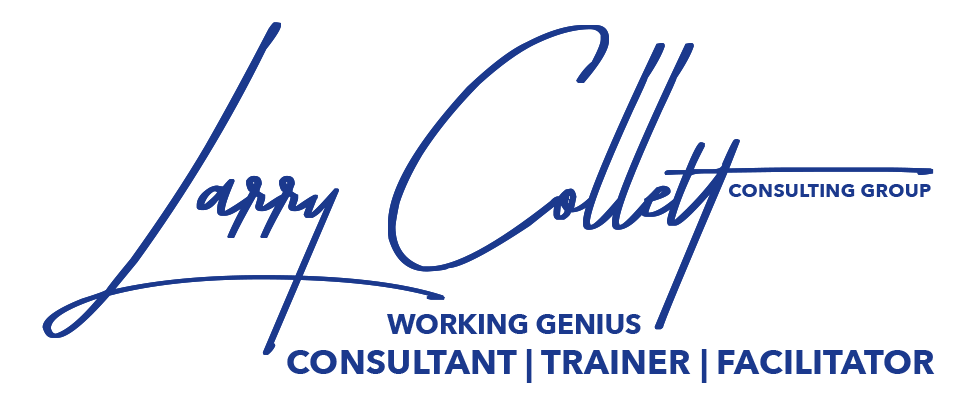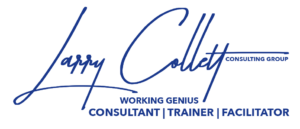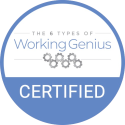Evaluating Your Current Skill Set
Assessing Your Current Abilities
Begin by taking an honest look at your current skill set. Identify your strengths and weaknesses. Reflect on the skills that have served you well in your professional journey and areas where you could use improvement.
Identifying Skill Gaps
Once you have an understanding of your current abilities, pinpoint any skill gaps that exist. Consider the skills that are necessary for your desired career path or professional goals but that you may currently lack. This will help you focus on areas that need development.
Seeking Feedback and Input
Don’t hesitate to seek feedback from colleagues, mentors, or supervisors regarding your skill set. They may provide valuable insights into areas where you excel and areas where you can enhance your skills. Constructive criticism can be instrumental in guiding your professional development journey.
Setting Clear Career Goals
It is crucial to set clear career goals in order to pave the way for your professional development. By defining what you want to achieve in your career, you can create a roadmap that guides your actions and decisions.
Identify Your Passions and Strengths
Start by identifying your passions and strengths. Reflect on what you enjoy doing and what you excel at. This self-awareness will help you align your career goals with your interests and abilities.
Create SMART Goals
When setting career goals, make sure they are SMART: Specific, Measurable, Achievable, Relevant, and Time-bound. By following this framework, you can ensure that your goals are clear, actionable, and realistic.
Visualize Your Future
Visualize where you want to be in your career in the future. Envision your desired position, responsibilities, and accomplishments. This mental picture can motivate you to work towards your goals and stay focused on your professional development.
Building a Strong Professional Network
Connecting with Industry Experts
Networking with industry experts can significantly enhance your professional network. Seek out opportunities to attend conferences, workshops, and webinars where you can meet and connect with individuals who have expertise in your field. Engaging in meaningful conversations and exchanging contact information can pave the way for valuable relationships in the future.
Utilizing Online Platforms
In today’s digital age, online platforms are powerful tools for building a strong professional network. Platforms such as LinkedIn provide a space to showcase your skills, connect with peers and potential mentors, and stay updated on industry trends. Actively engaging with these platforms by sharing relevant content and participating in discussions can help expand your network and visibility in your field.
Maintaining Relationships
Building a professional network is not just about making connections; it also requires nurturing and maintaining those relationships over time. Stay in touch with your contacts by periodically checking in, offering support or assistance when needed, and celebrating their achievements. By showing genuine interest and investing time in cultivating relationships, you can create a robust network of professionals who can support and advocate for your career growth.
Continuous Learning and Skill Enhancement
Embracing Lifelong Learning
Continuous learning is key to unlocking your full potential in professional development. Embrace the concept of lifelong learning by actively seeking out opportunities to acquire new knowledge and skills. This could involve enrolling in online courses, attending workshops or seminars, or simply dedicating time each day to read relevant articles or books.
Exploring Diverse Skill Enhancement Techniques
Enhancing your skills goes beyond acquiring new knowledge – it also involves putting that knowledge into practice. Seek out opportunities to apply what you’ve learned in real-world scenarios, whether through project work, volunteering, or collaborating with colleagues on innovative projects. This hands-on approach will not only deepen your understanding but also boost your confidence in your abilities.
Networking for Continuous Growth
Networking plays a crucial role in continuous learning and skill enhancement. Connect with professionals in your field, both online and offline, to exchange ideas, seek mentorship, and stay informed about industry trends. Engaging with a diverse network of individuals can provide valuable insights and opportunities for growth that you may not have encountered otherwise.
Navigating Challenges and Turning Them into Opportunities
Approaching Difficulties with a Positive Mindset
When facing challenges in your professional development journey, it is crucial to maintain a positive mindset. Instead of seeing obstacles as roadblocks, view them as opportunities for growth and learning. By shifting your perspective, you can turn challenges into stepping stones towards success.
Seeking Support and Collaboration
Don’t hesitate to reach out for help when navigating difficult situations. Collaborating with colleagues, mentors, or industry experts can provide fresh insights and perspectives. By leveraging the knowledge and experience of others, you can overcome challenges more effectively and efficiently.
Embracing Change and Flexibility
In today’s fast-paced work environment, being adaptable and open to change is essential. Instead of resisting challenges that arise due to changes in the industry or organization, embrace them as opportunities to innovate and improve. Flexibility allows you to navigate uncertainties with confidence and creativity.


